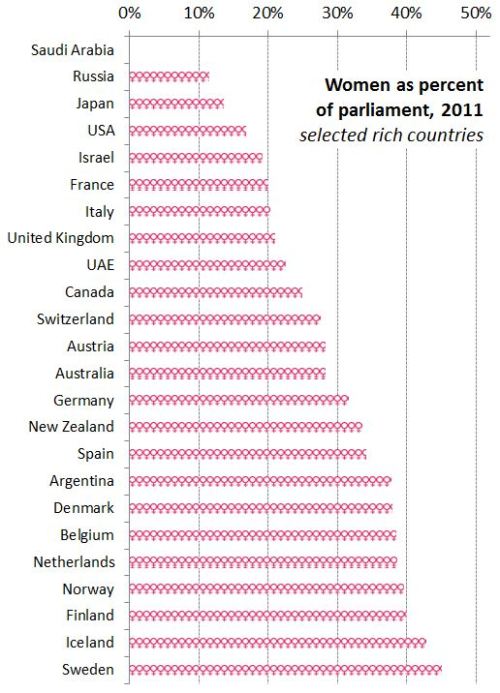
Dmitriy T.M. and Laura McD. sent in this awesome one-minute clip of 1950s commercials in which men insult their wives’ coffee. There’s something just stunning in the nature of the relationships portrayed. The men seem so entitled to their wives’ service, and so disdainful of her genuine efforts to please him. It’s sad.
Lisa Wade, PhD is an Associate Professor at Tulane University. She is the author of American Hookup, a book about college sexual culture; a textbook about gender; and a forthcoming introductory text: Terrible Magnificent Sociology. You can follow her on Twitter and Instagram.















